Foxconn's iPhone factory in China — the world's largest — hit by Covid outbreak
Foxconn said that a small Covid outbreak at its iPhone assembly plant in Zhengzhou, China, is "controllable" and production remains "relatively stable."
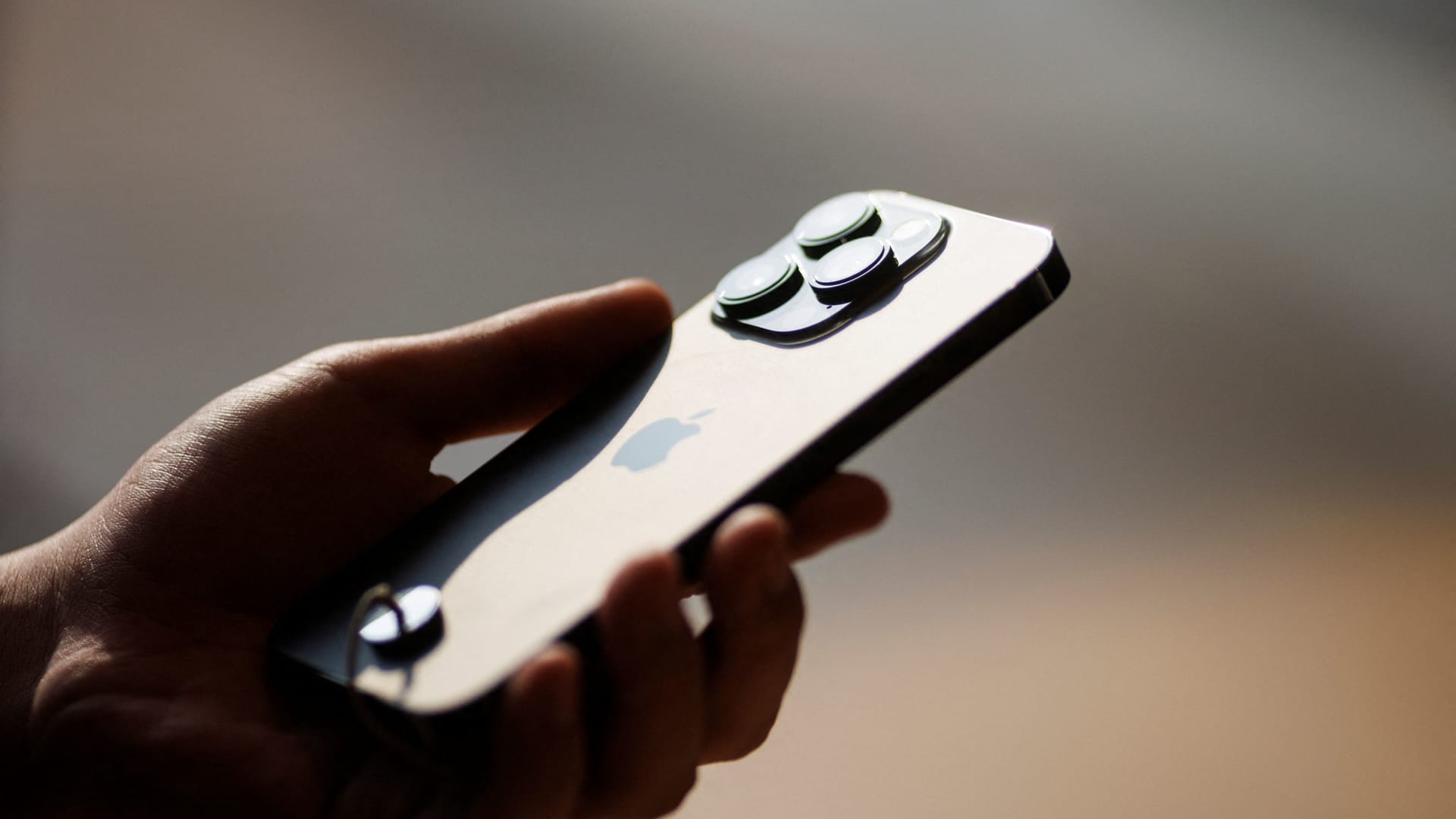
Source: Thomas Peter | Reuters
Foxconn said Tuesday that its factory in Zhengzhou, China — the world's largest assembly plant for Apple's iPhones — was hit with a small Covid outbreak.
A spokesperson for the Taiwanese firm, officially known as Hon Hai Technology Group, told CNBC that operation and production at its Zhengzhou facility are "relatively stable with health and safety measures for employees being maintained."
"For the small number of employees affected by the pandemic, Foxconn, in compliance with local epidemic prevention policies, is providing the necessary guarantees for livelihoods, including material supplies, psychological comfort and responsive feedback," the spokesperson added.
Foxconn said that the impact on the group is "controllable" and the operating outlook for this quarter remains unchanged.
Apple was not immediately available for comment when contacted by CNBC.
Zhengzhou, in central China's Henan province, has been battling a new wave of Covid this month. The city has locked down some districts as China pushes ahead with its zero-Covid policy, using testing and lockdowns to try and tackle the virus.

Earlier this month, Foxconn implemented virus prevention measures such as requiring employees to have a Covid test within 24 hours of them entering the Zhengzhou premises and urged them to get vaccinated.
Foxconn's position highlights the balancing act required by manufacturing facilities to meet customer demand under Beijing's strict Covid policy.
Apple still relies heavily on China for the majority of its iPhone production, but the Cupertino giant has looked to diversify its supply chain.
Last month, Apple said that it has begun assembling its flagship iPhone 14 in India. It is the first time Apple is producing its latest model in India, close to the device's launch, which happened in September.

 Koichiko
Koichiko 







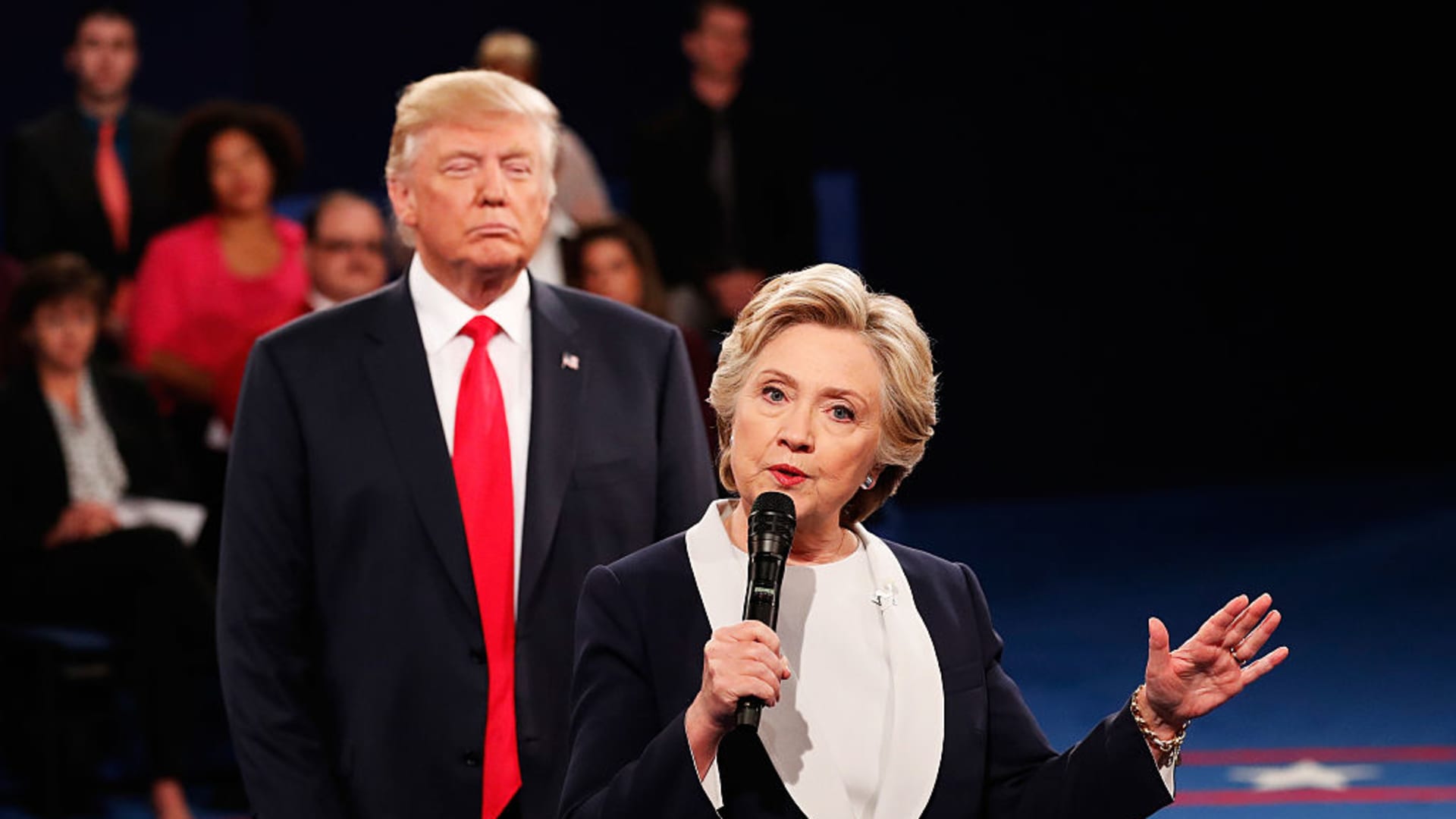
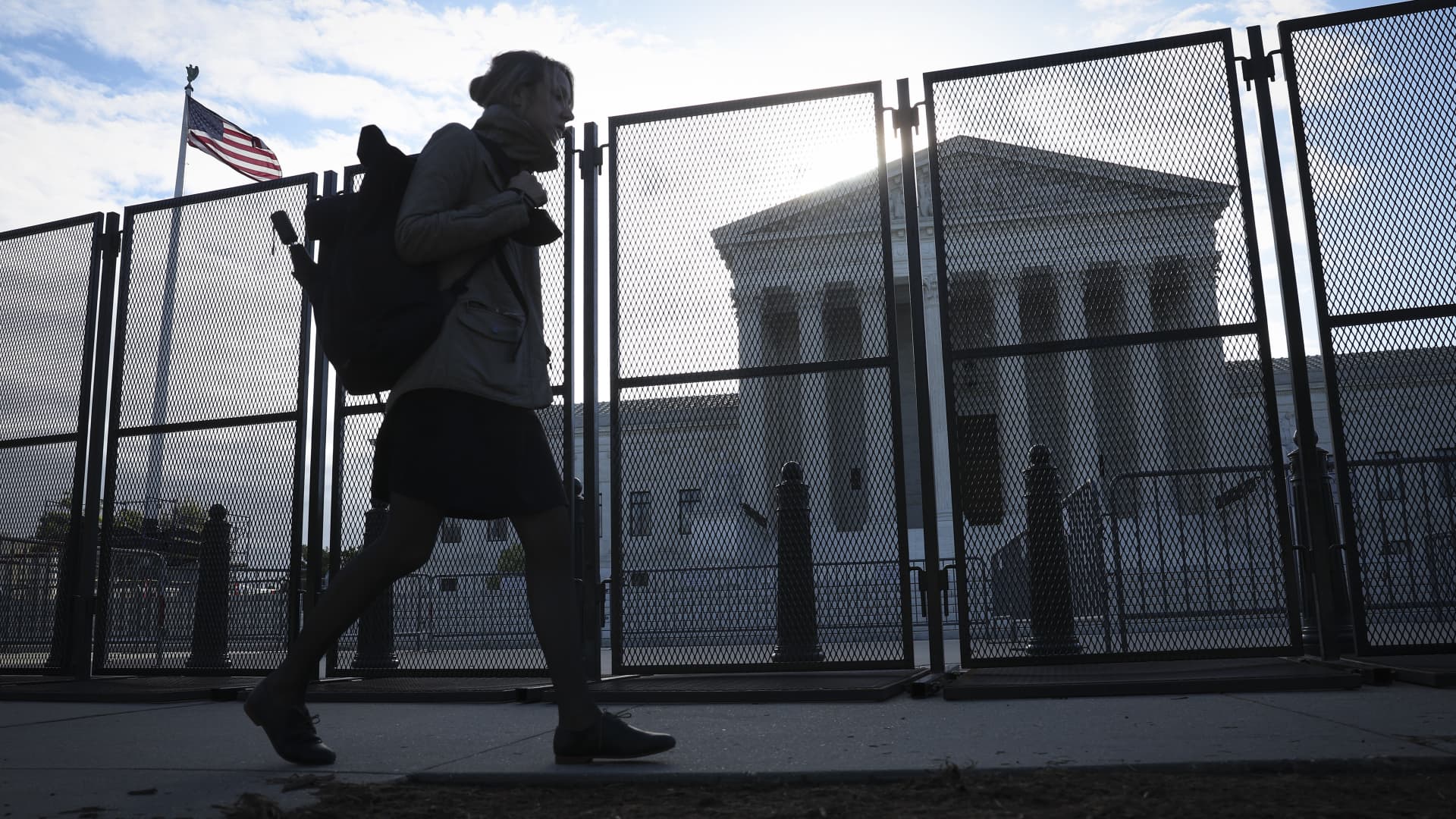
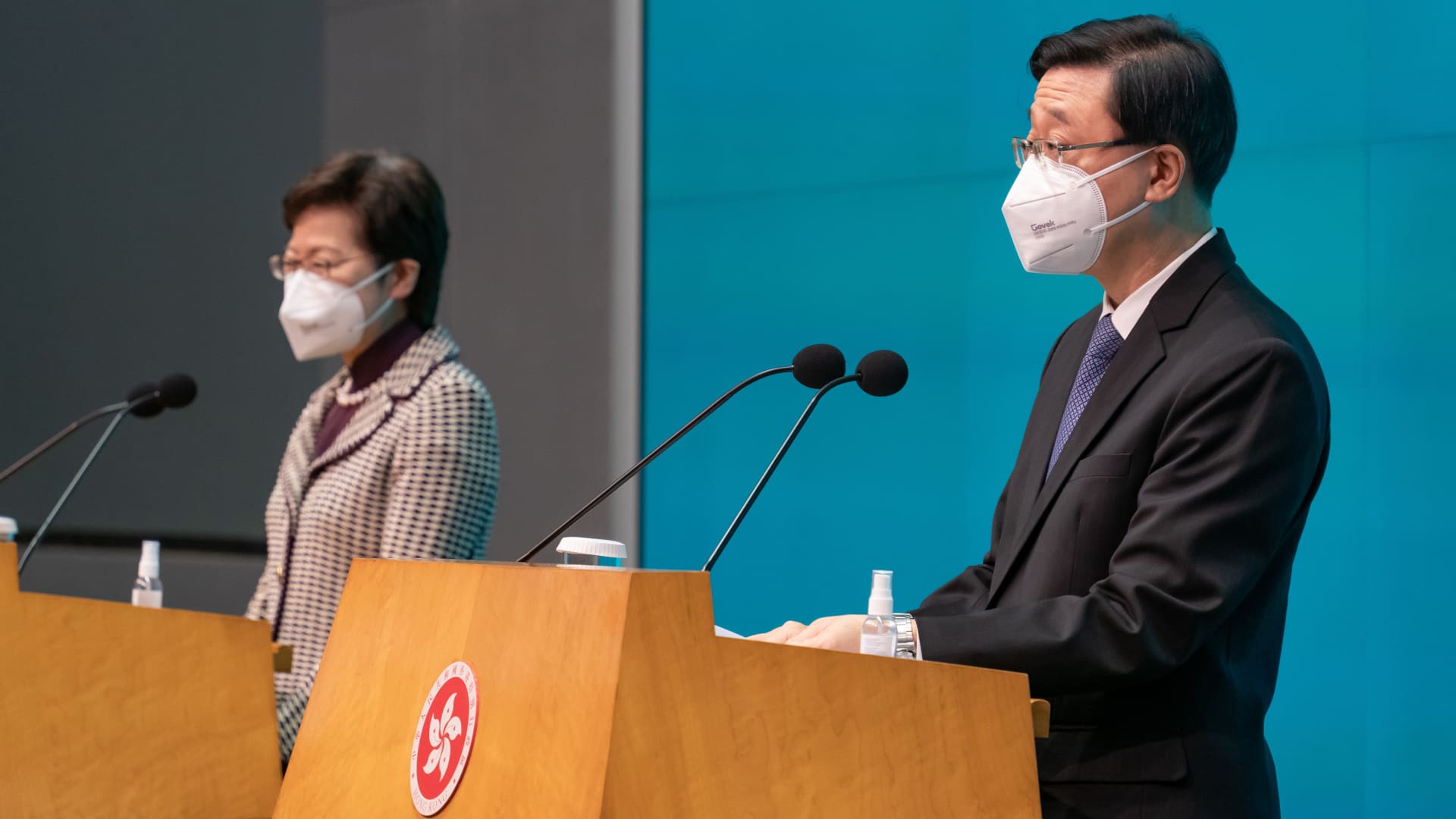
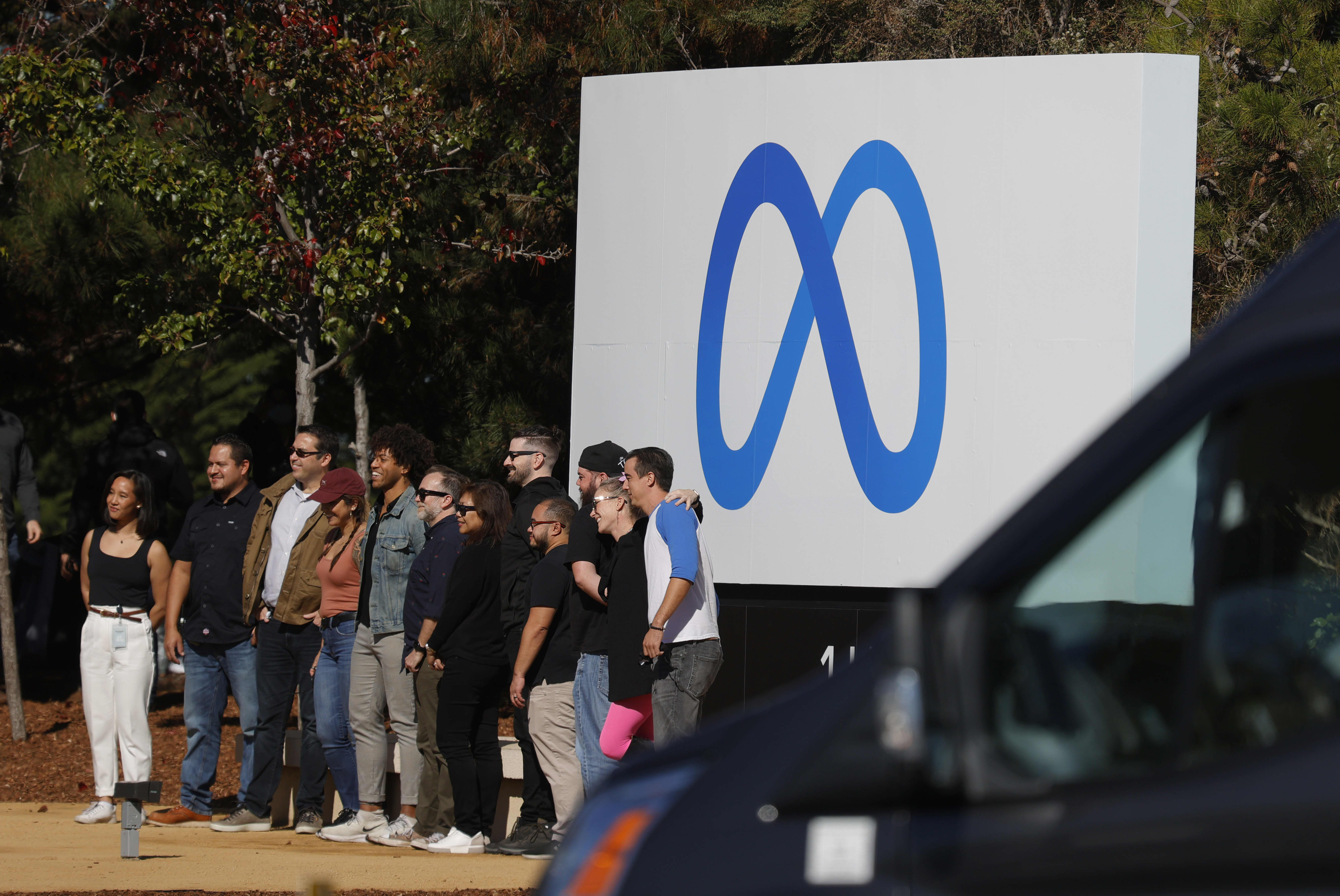

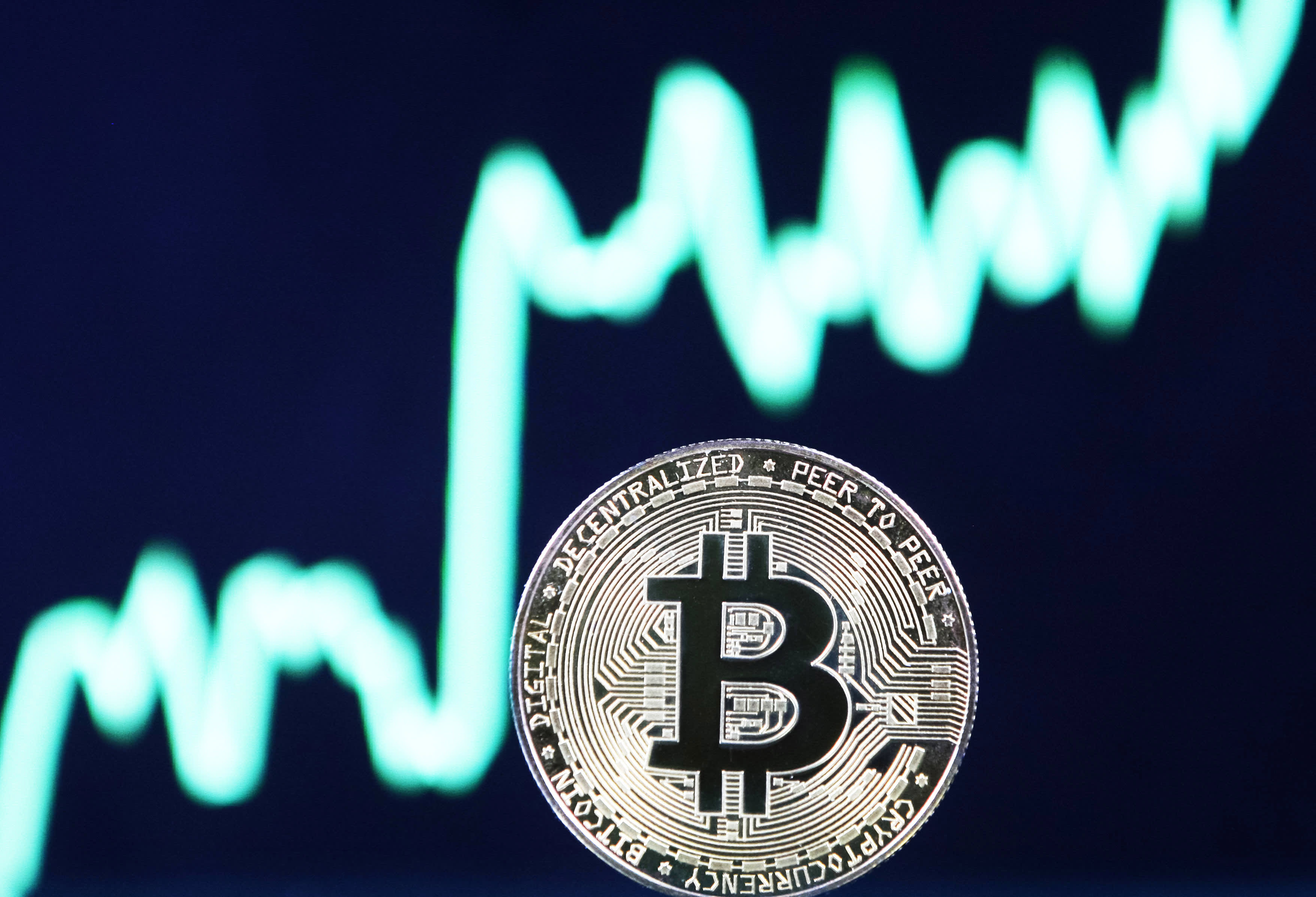












.jpg&h=630&w=1200&q=100&v=f776164e2b&c=1)






.jpg)